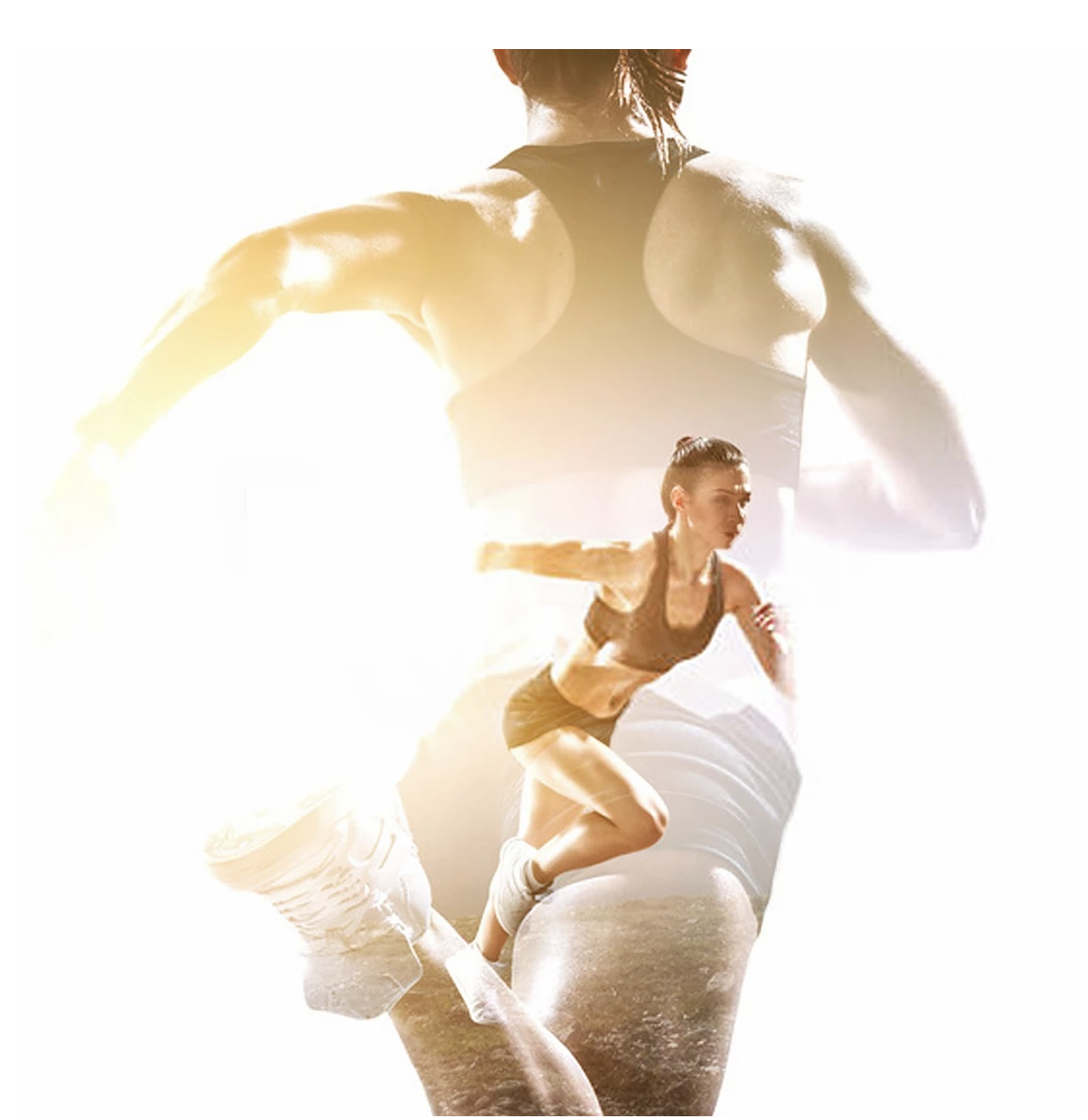
Athletic Performance, A Busy Lifestyle And Why You Should Consider CBD
Modern lifestyle is fast-paced, there is always pressure to fulfill our potential, whether that be in a sport, sweating it out at the gym for the perfect beach body, or putting long hours into projects at work, all the while trying to enjoy a social life. In fact, there is pressure to excel in all areas, all of the time from both people, social media, and usually ourselves.
It’s safe to say that irrespective of our individual goals, all of us try to invest time in improving our health. My experience with preventative health and fitness has given me some key insights into the ways in which CBD can help with that.
Then there’s the impact on athletic performance. I got into hiking and running soon after I came to Hong Kong 26 years ago; before my dietary change, I had done several 10km road races and half marathons, one full marathon, and several trail races of 12-15km. I absolutely love being on the trails which for me is one of the best things about Hong Kong, but after races, my leg muscles were so terribly sore, it always hurt to walk for a few days and stairs were agony, which deterred me from taking my interest further. But after changing my diet, I noticed I could run adjacent days without feeling sore and could run longer and longer distances. I started entering more races and being flabbergasted that I could not only walk comfortably the next day but even go for a run! Changing my diet has made a massive difference to my recovery from intense activity. This was especially noticeable after I did my first 30km trail race because it had a long downhill finish which I really bombed down and I was thinking at the time, “This is gonna hurt tomorrow” – but I was fine!

If you were objective and wanted to improve this ‘hypothetical’ person’s results in the gym would you prescribe more exercising? Higher intensity to push their limits? Or would you focus on improving length and quality of sleep, ensuring they have some sort of prepared nutrition to make sure their body has the fuel it needs as well as anything else you could recommend to allow their body to recover faster and stronger? The choice now seems more obvious.
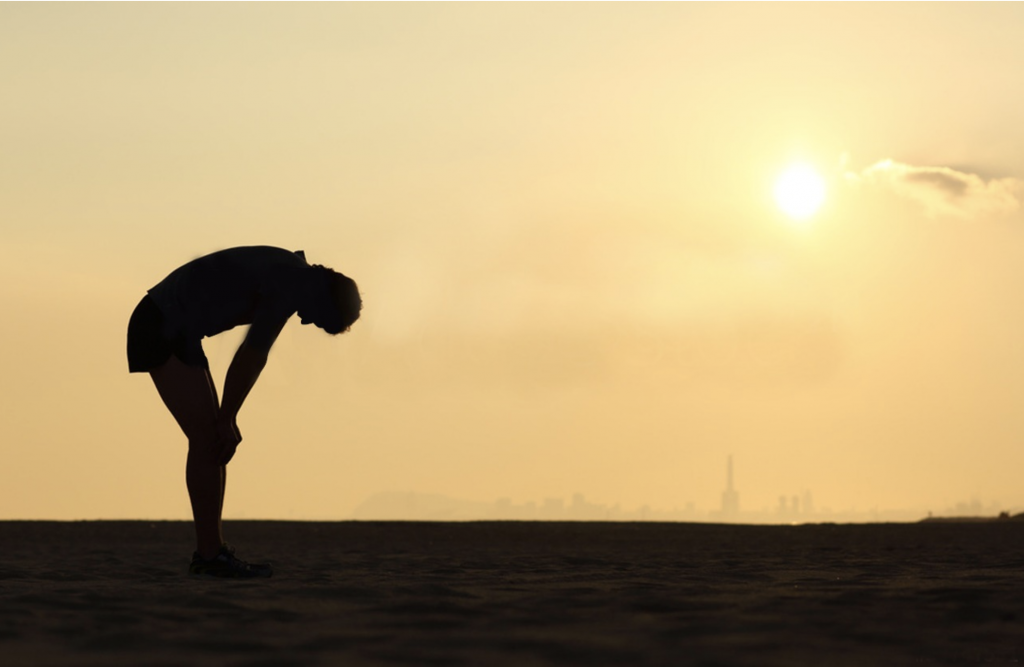
Few people know that exercising is in fact to purposefully induce stress, it’s this ‘stress’ on our body that allows us to adapt. This concept is called allostasis where our body balances individual stressors and actually adapts to overcome and manage them. For example, the stress of resistance training causes the body to increase muscle fiber size and/or neurological muscle fiber recruitment. Cardio allows our CV (cardiovascular) system to become more efficient and even causes the body to make new mitochondria (mitochondrial biogenesis) to produce the energy in our cells. In truth, there is a whole host of adaptations that result from exercise as stimuli. The paradox is, these adaptations can only take place efficiently if there is a refractory period to recover. That said, recovery is rather taxing on the body’s vital resources, which in turn becomes even more difficult when the body is exposed to many of the stressors we face in everyday modern life. So, logically how can your body adequately split these resources? Where are the sacrifices made?
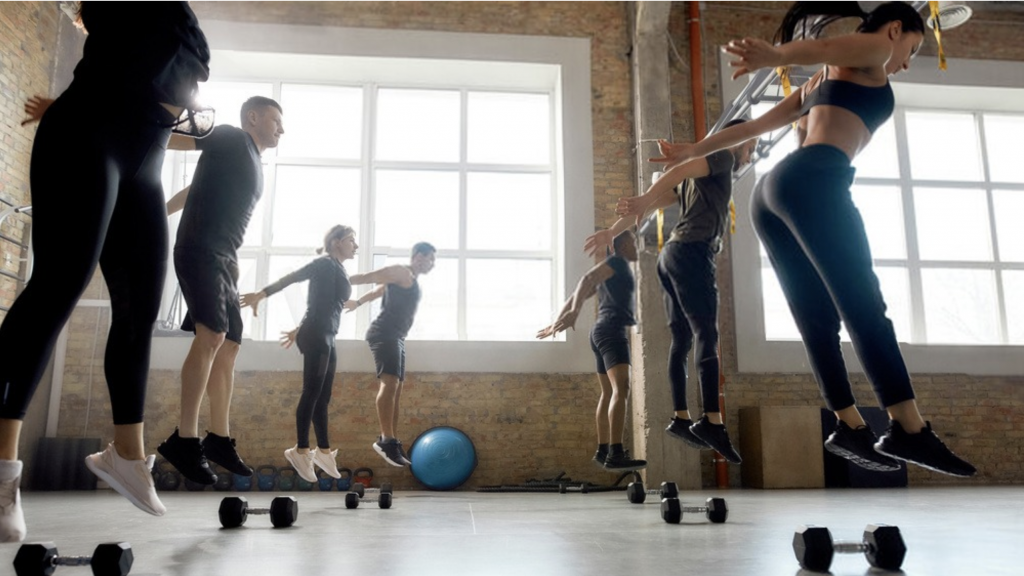
The issue is if we are exposed to the pressure of work deadlines, lack of sleep, lack of nutritional and emotional worry our body has a large overall stress load to adapt to. This, unfortunately, consumes our body’s valuable energy resources that could be better spent on adaption to good stress induced by fitness. This is why everyone from the average gym hobbyist, busy executive, or athlete should consider anything that aids recovery as a priority and this is why researchers and medical professionals are excited about the growing evidence coming from CBD research.
CBD is a phytocannabinoid and is one of over 400 compounds that the hemp plant produces. There are many compounds in a good broad-spectrum CBD that work together, which is called the ‘entourage effect’. This effect is based on the same concept as to why eating an orange with all the biochemical cofactors would help you absorb more vitamin C than taking vitamin C in isolation.
The Hemp plant was first domesticated in China and colonies across the world were built on its versatility. History tells us that farmers were even fined if they did not grow enough. In fact, the oldest cookbook in human history included cooking with hemp as one of the ingredients. Most farm animals were even fed hemp, which in turn meant that humans have been consuming CBD first hand through eating hemp and secondhand through consumption of animal meat and chicken eggs for most of our biological history. Therefore we have evolved to have CBD molecules in our system.
In 1992, at the Hebrew University in Jerusalem, Dr. Lumir Hanus along with American researcher Dr. William Devane discovered the endocannabinoid anandamide which led to the discovery of the network of endocannabinoid receptors throughout our body. Excitingly, this is the system that allows our body to regulate many of our body’s systems and aids recovery.
The endocannabinoid system is a fascinating network essential in regulating many physiological, homeostatic, and cognitive functions—including appetite, immune function, pain, metabolism and energy balance, stress response, anxiety, mood, and even fertility.
CBD molecules are the currency our body needs for this system to function at its full potential, and unfortunately, we do not have regular healthy exposure to CBD. The daily stress has increased, yet CBD intake has decreased creating an all too familiar recovery deficit in today’s modern society. For years we’ve been crediting endorphins for the floaty euphoria we often feel when we meditate and or carry out high-intensity CV exercises, with the new evidence emerging it is becoming clear that the internally grown endocannabinoids may also be involved. It has been concluded in one study that the “runner’s high” is reached much faster by taking CBD before running and is more intense, lasting longer than without the support of CBD.*
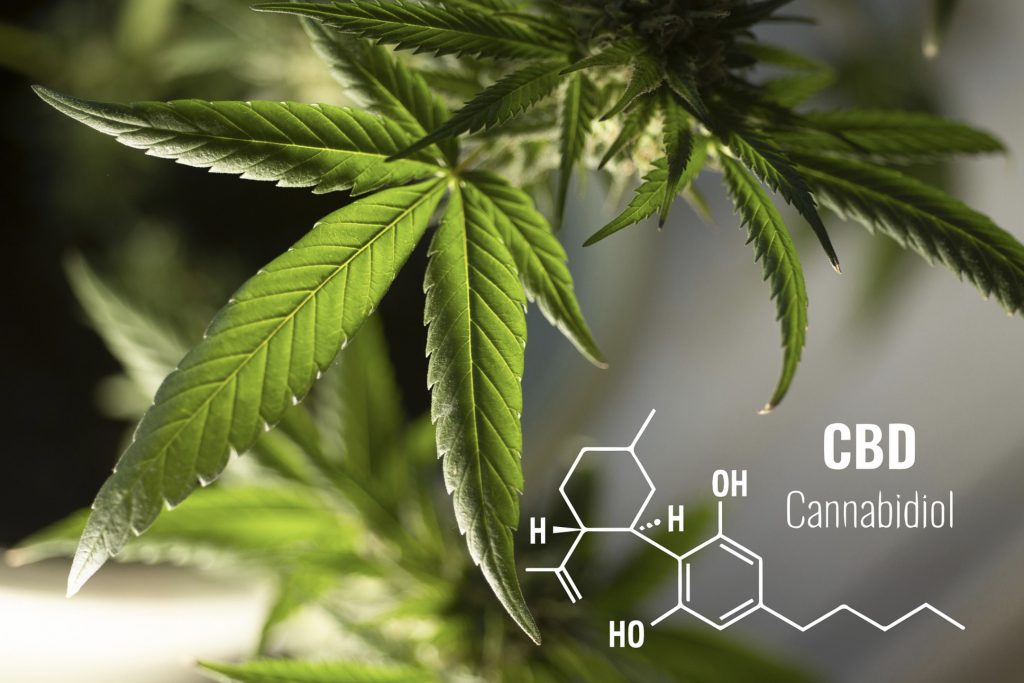

Studies have shown CBD to provide far more restful sleep, reduction in systemic inflammatory biomarkers, regulation of the immune system, and reduction in aches and pains (chronic as well as induced by exercise). These benefits alone will drastically improve an individual’s ability to recover and adapt, in addition to that there a whole host of regulatory processes for which your body uses also CBD to help enhance your recovery, increase energy levels and help manage the stress placed on your body. Most importantly, CBD helps us to switch into a state of recovery, (on top of many other mental health benefits such as reducing anxiety), which is crucial after a workout or a busy day at work.
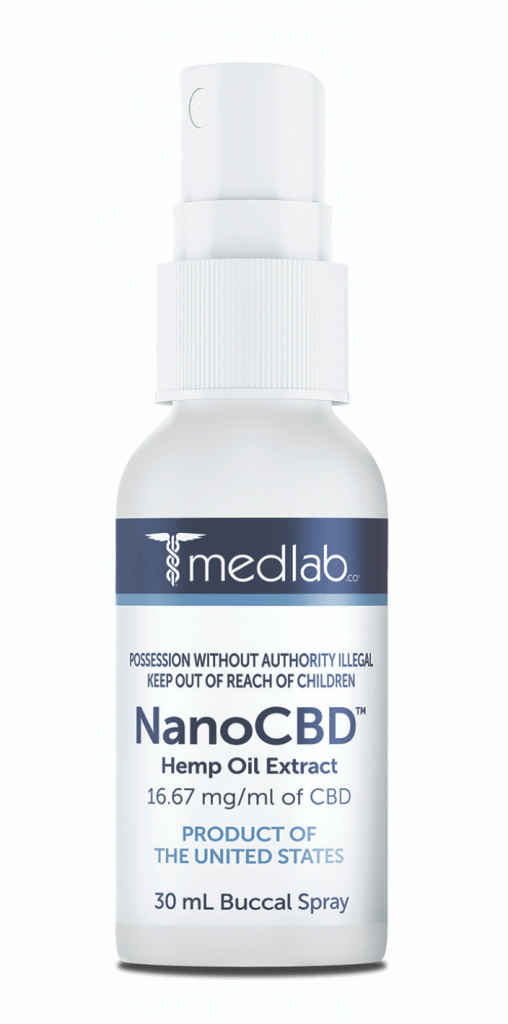
Kapuhala works with Medlab CBD because absorption is key for any CBD supplement to work effectively. Medlab is using a patented nanotechnology system that allows a spray inside your cheek to deliver the CBD with nearly 100% absorption. Each batch undergoes a high degree of lab testing to ensure potency and purity. This formulation is ethanol-free (unlike many retail formulations) because ethanol has negative systemic effects especially when it comes in contact with a sensitive area such as oral tissues.
In my professional career, I have seldom seen a supplement like this where one product can help with so many of the key aspects of recovery.
Each purchase through Kapuhalla includes a brief phone consultation with me to ensure that you are eligible to use CBD along with a brief lifestyle assessment, where I can advise on optimising your recovery and dosing using CBD as well as any other questions you may have.
References and further reading
*https://www.ncbi.nlm.nih.gov/pmc/articles/PMC4620874/
https://www.ncbi.nlm.nih.gov/pmc/articles/PMC2586261/
https://www.ncbi.nlm.nih.gov/pmc/articles/PMC6161644/
https://www.jyi.org/2018-june/2018/6/1/the-endocannabinoid-system-our-universal-regulator
https://pubmed.ncbi.nlm.nih.gov/17369778/
https://www.sciencedirect.com/science/article/abs/pii/S0163725810002135
Please email at tribe@kapuhala.com or WhatsApp (91200177) us for inquires.
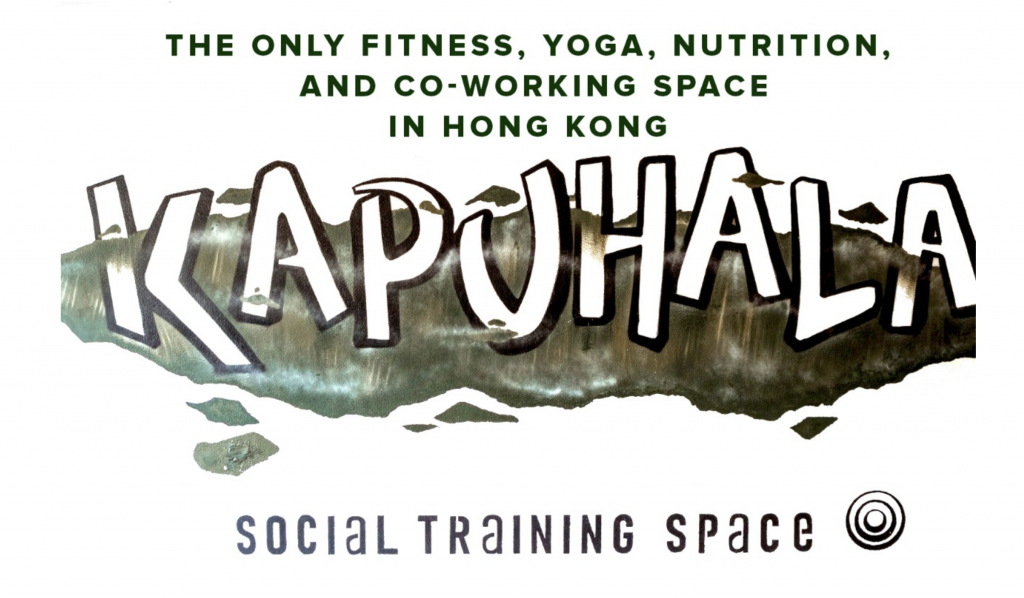
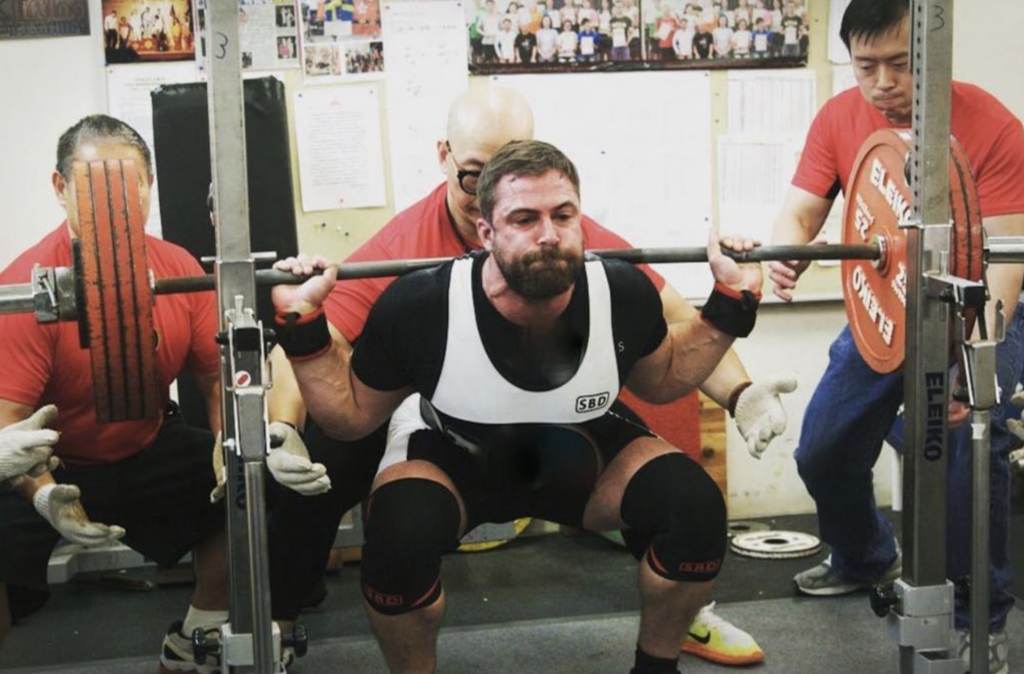
Alan Patrick, one of our Personal Trainers, works as a consultant for Hong Kong’s top doctors, other Personal Trainers, and Nutritionists providing cutting-edge lab testing in areas such as hormones and gut health to optimise performance and health. He has worked with many amateur athletes and gym-goers, to improve their health by maximising their recovery to ensure they are consistently improving performance and body composition goals over the long term.
Alan has a passion for athletic performance, competing in Judo from a very young age and was selected for Team GB after earning his black belt and later transitioning to Brazilian Jiu Jitsu (BJJ) where he actively competed earning his purple belt. He achieved this alongside his passion for functional strength, including competing in powerlifting.

